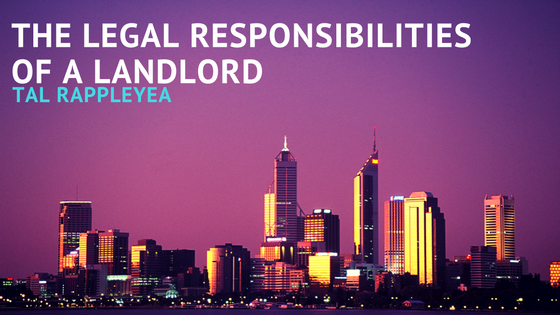Landlords are obligated by law to follow these responsibilities, yet they do not always abide by these rules, so this blog post will act as a checklist for you to make sure your landlord is acting as they should.
Basically, the landlord of a rental unit is responsible for providing a “habitable” unit for a tenant. The term “habitable” means that the rental unit must be fit to live in, be free from hazards or defects, and be compliant with all state and local building and health codes.
Protect the tenant’s deposit
You must pay the tenant’s deposit into a Government approved deposit protection scheme and return it to them at the end of their tenancy, unless there is a dispute (ex: the property has been damaged.)
Do not disturb!
Yes it is your property but it is the tenant’s home and they must be able to live there without necessary interference. If you require access you must give sufficient notice and arrange a suitable time.
General repair
You’re responsible for most repairs to the exterior and structure of the property. You must also keep the equipment for supplying water, gas and electricity in safe working order.
Safety first
Gas appliances require an annual gas safety certificate. Electrical appliances must be Pat-tested and HMO properties require a 5-yearly electrical safety check.
Be clear about rent
You must be upfront about the rent, informing tenants how much it is, when it is due and how you wish to be paid. You cannot raise the rent whenever you wish. There are certain circumstances during a tenancy when you can increase rent.
Required information
You must give tenants your name and contact address (or the contact details of the letting agent if managed by a third party.) You must also have an Energy Performance Certificate prior to marketing the property.
Regain possession of your property
To recover possession of your property before the end of the fixed term of the tenancy, you must have sufficient groups (ex: the tenant is in severe rent arrears). You must serve a Section 8 Notice and then an order for possession from the court.
You cannot simply take the property back. Failure to follow the correct legal process could actually give the tenant an opportunity to claim compensation against you!
